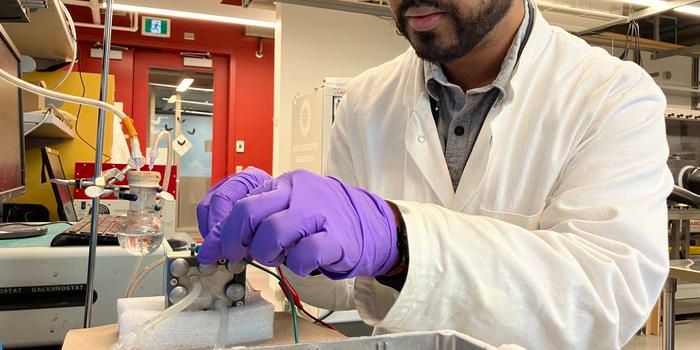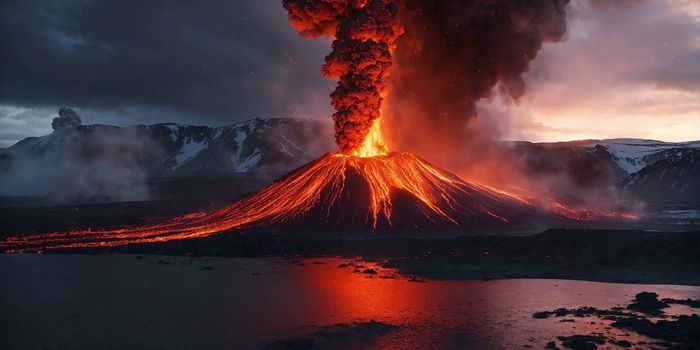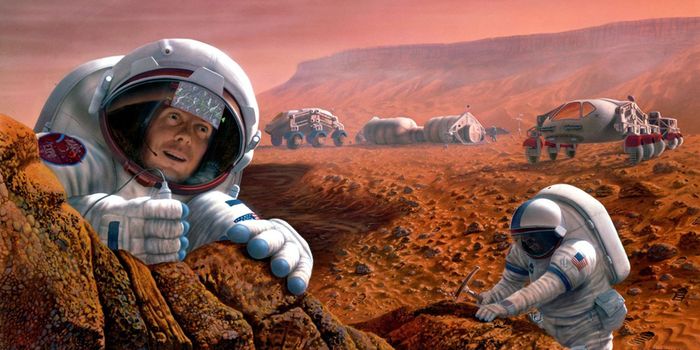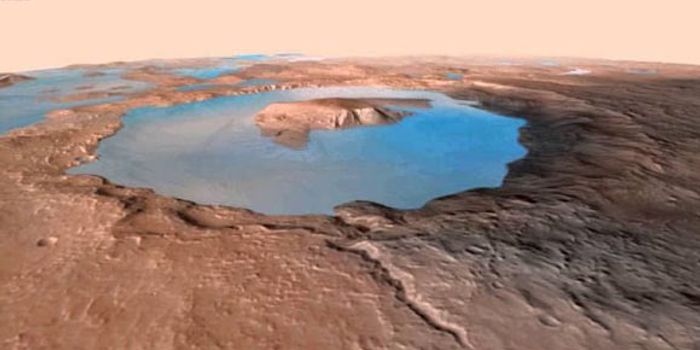The Legacy and Loss of Dr. Richard Leakey
I was sitting on the pier in Hermosa Beach, California. Watching the waves and listening to a podcast with Jane Goodall when I saw the news through a post on my Facebook feed. Dr. Lee Burger (discoverer of homo Naledi in South Africa’s Rising Star Cave) had posted that Dr. Richard Leakey had just passed away at the age of 77. I almost couldn’t believe my eyes.
Richard Leakey was one of the founding members of the field of evolutionary anthropology and a native to Nairobi, Kenya. His contributions as an African paleoanthropologist are a sense of great pride for his fellow countrymen. He is responsible for changing our very understanding of humanity and our prehistoric development, Richard discovered one of our first bipedal ancestors, Australopithecus anamensis in 1994, but his career began much earlier. Born in 1944 in Nairobi, he began working for his parents, Mary, and Louis Leakey in his early 20s. In 1967 he identified what would become the important paleontological site of Koobi Fora, which has since yielded the fossil remains of at least four species important to the study of human evolution (Paranthropus boisei, Homo Habilis, Homo rudolfensis, and African Homo erectus or Homo ergaster).
When asked to describe his discoveries in an interview with NPR he said the following, “It was enormously exciting because every day, practically, for the first six weeks, we were finding things that had never been seen before by modern humans.” While I consider this an understatement of the importance of this site, given the hundreds of hominin fossils discovered there, even more impactful than his actual fossil discoveries was his natural talent for scientific communication. It would be near impossible to measure how many people were truly influenced and inspired by his educational prowess. His work on the board at the Leakey Foundation, as a science and conservation advocate, and even in politics was monumentally impactful on the field at large.
From 1989 to 1994, Richard was actively involved with the conservation of the natural world as the director of the Wildlife Conservation and Management Department of Kenya (which would later become the Kenya Wildlife Service) where he worked to preserve elephant populations across the African continent.
He was compared to Indiana Jones by National Geographic and lived the life of a daring adventurer as many anthropologists and paleontologists dream of doing. Surviving countless brutal field sessions in the African Bush, plane crashes with potential foul play, and academic conferences helped mold, Dr. Leakey, into a very interesting character. It is only a matter of time before a fantastic movie is made about his life, I’m sure.
Sources: NPR, National Geographic, Jane Goodall Institute, Britannica, The Leakey Foundation, The Royal Society









